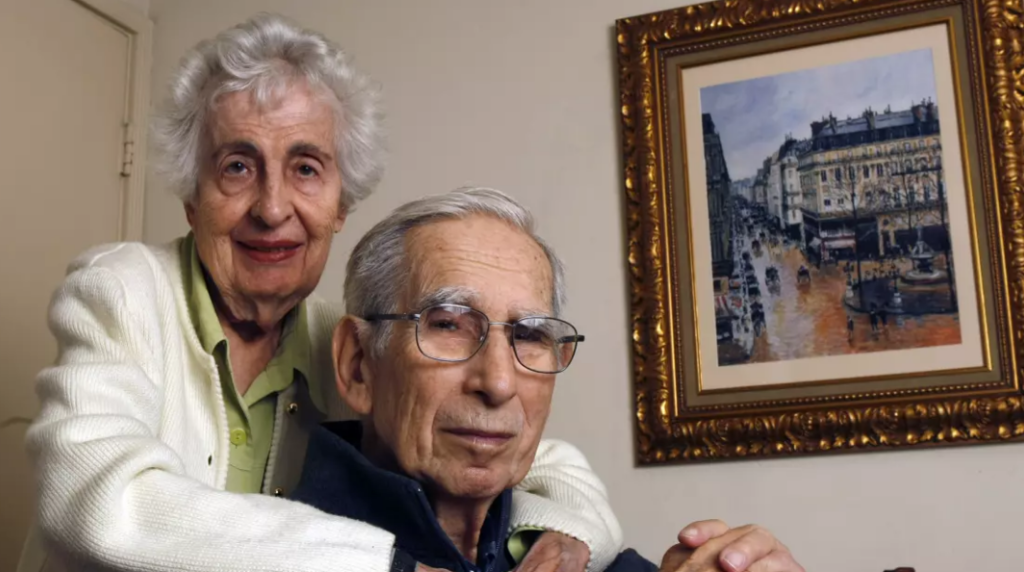Others are reading now
In a surprising legal turn, a U.S. federal appellate court ruled against the return of a Pissarro painting, looted by the Nazis, to the descendants of the Jewish family from whom it was stolen.
The painting, “Rue Saint-Honoré in the Afternoon. Effect of Rain,” will remain with the Thyssen-Bornemisza Collection, a Spanish government-owned museum, as per the court’s decision. This ruling comes despite a previous unanimous decision by the U.S. Supreme Court in favor of the family in 2022.
The long-standing legal battle over the painting, which belonged to Lilly Cassirer, has been closely followed due to its implications for cases involving Nazi-plundered artwork.
The painting had been a part of Lilly Cassirer’s Berlin apartment until it was forcibly exchanged for her freedom from Germany in 1939. The Cassirer family, having believed the artwork lost, filed a lawsuit in 2005 for its return after discovering it was part of the Thyssen-Bornemisza Collection.
Also read
The appellate court’s decision in favor of the Thyssen-Bornemisza Collection is based on the museum’s acquisition of the painting in 1993 from Baron Hans Heinrich von Thyssen-Bornemisza. The court found that the museum had gained “prescriptive title” to the painting through this purchase.
David Cassirer, Lilly Cassirer’s great-grandson and the lead plaintiff, expressed disappointment at the ruling. The family’s attorney, Sam Dubbin, stated their surprise and intention to seek reconsideration by a larger panel of judges.
The Cassirer family’s legal team criticized the ruling for failing to address the moral implications of a national museum holding onto a painting known to be looted by the Nazis. They argued that the decision does not consider Spain’s international agreements against war spoils and Nazi-looted art.
Despite acknowledging the legal correctness of the ruling, Circuit Judge Consuelo M. Callahan expressed her moral disagreement. She suggested that the Spanish government should have voluntarily relinquished the painting to the family, in line with the 2009 international agreement on the return of Nazi-looted art.
The Cassirer family’s struggle reflects broader questions of justice and moral responsibility regarding artworks looted during the Holocaust. The ruling has significant implications for other similar cases and sets a precedent that could impact future restitution claims.








